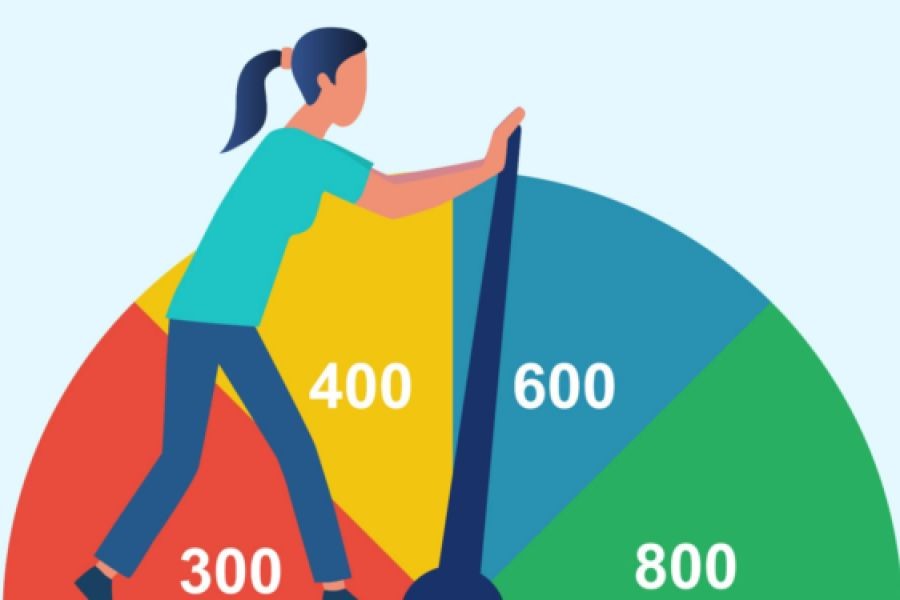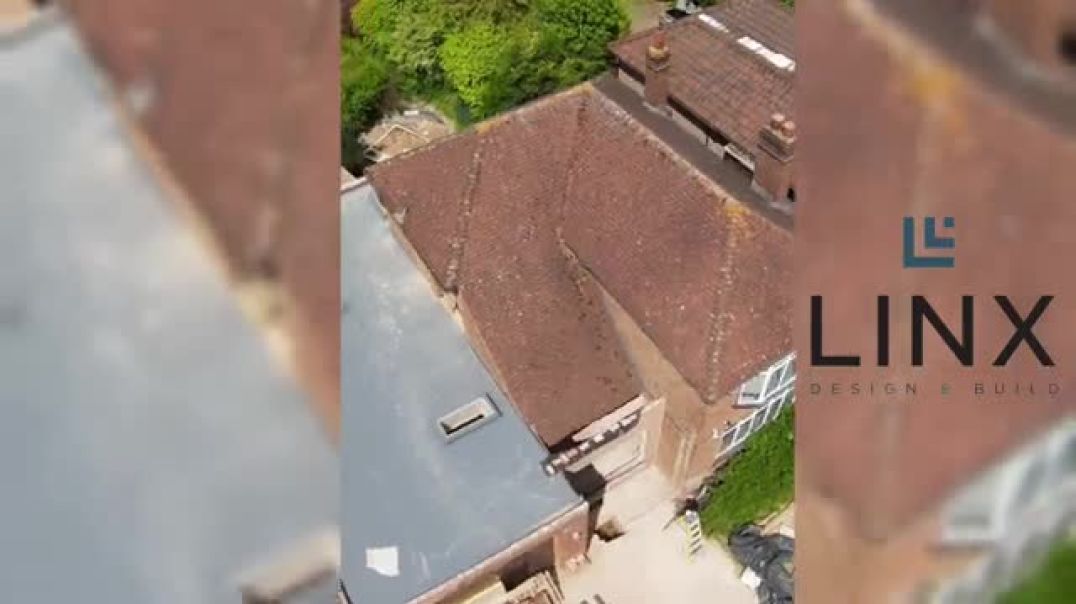In the quest for sustainable living, New Zealand's unique landscape and environmental ethos make it a prime location for eco-friendly housing. However, purchasing a sustainable home in New Zealand involves far more than just an eco-label. It requires a deep understanding of local industry trends, economic factors, and environmental policies. This article will navigate the intricacies of buying a sustainable home in New Zealand, providing valuable insights for corporate lawyers and other professionals involved in property acquisition.
How It Works: Navigating New Zealand's Sustainable Housing Market
New Zealand's commitment to environmental sustainability is reflected in its housing market. The country has adopted stringent building codes and sustainability standards, such as the New Zealand Green Building Council's Homestar rating system. This system evaluates homes based on energy efficiency, water usage, waste management, and overall environmental impact. Understanding these criteria is crucial for anyone looking to invest in sustainable properties.
The Reserve Bank of New Zealand reports that the residential property market is a significant contributor to the nation's economy, accounting for approximately 10% of GDP. With housing prices on the rise, there is a growing demand for properties that offer both economic and ecological value. Sustainable homes not only lower utility costs but also increase property value, a crucial factor for investors looking to maximize their return on investment.
Industry Insight: The Growing Appeal of Off-Grid Living
Off-grid living is gaining popularity in New Zealand, driven by advancements in solar power technology and battery storage systems. This trend is particularly appealing in remote areas where traditional utility infrastructure is limited. Companies like Tesla and local innovators are leading the charge, providing solutions that allow homes to operate independently of the national grid. This autonomy offers significant cost savings and reduces environmental impact, aligning with New Zealand's sustainability goals.
Case Study: Waiheke Island – A Model of Sustainable Living
Waiheke Island, located in the Hauraki Gulf, is a shining example of sustainable living. The island community has embraced eco-friendly practices, with many homes featuring solar panels, rainwater harvesting systems, and natural insulation. Residents have reported a 30% reduction in energy costs, showcasing the financial benefits of sustainable design.
The island's commitment to sustainability is supported by local government initiatives that promote renewable energy use and waste reduction. For instance, the Waiheke Resources Trust collaborates with homeowners to implement sustainable practices, providing a blueprint for other communities across New Zealand.
Debunking Common Myths About Sustainable Homes
- Myth: Sustainable homes are too expensive to build.
- Reality: While initial costs can be higher, sustainable homes often offer significant savings over time. A study by the New Zealand Building Research Association found that energy-efficient homes reduce utility bills by up to 40% annually.
- Myth: Eco-friendly homes are less durable.
- Reality: Sustainable materials like bamboo and recycled steel are not only environmentally friendly but also highly durable, offering longevity and reducing maintenance costs.
- Myth: Sustainable homes lack modern amenities.
- Reality: Modern sustainable homes incorporate state-of-the-art technology, including smart home systems and energy-efficient appliances, enhancing comfort and convenience.
Pros and Cons: Buying a Sustainable Home
Pros:
- Energy Efficiency: Sustainable homes significantly reduce energy consumption, leading to lower utility bills.
- Increased Property Value: Eco-friendly features are highly sought after, boosting resale value.
- Environmental Impact: Lower carbon footprint and resource conservation contribute to environmental preservation.
- Health Benefits: Use of non-toxic materials enhances indoor air quality, promoting better health.
Cons:
- Initial Investment: Higher upfront costs can be a barrier for some buyers.
- Limited Availability: Sustainable homes are still a niche market, making them harder to find.
- Regulatory Hurdles: Navigating building codes and sustainability certifications can be complex.
Future Trends: The Evolution of Sustainable Housing in New Zealand
By 2026, New Zealand is expected to see a significant increase in sustainable housing developments, driven by government incentives and consumer demand. The Ministry of Business, Innovation, and Employment predicts that sustainability will become a standard feature in new housing projects, aligning with national goals to reduce carbon emissions by 30% by 2030.
Additionally, advancements in green technology, such as solar panels and energy storage systems, will make sustainable homes more accessible and affordable. As these technologies become more widespread, the cost barrier associated with sustainable housing is likely to decrease, making it a viable option for a broader range of buyers.
Conclusion: Final Takeaway & Call to Action
Investing in a sustainable home in New Zealand not only supports environmental goals but also offers significant financial benefits. As the market for eco-friendly properties continues to grow, understanding the nuances of sustainable housing is essential for making informed investment decisions.
For those considering a sustainable home purchase, start by familiarizing yourself with local building codes and sustainability certifications. Engage with experts, attend workshops, and explore communities like Waiheke Island to see sustainable living in action. Ready to take the next step? Begin your journey by researching potential properties and consulting with a sustainability-focused real estate agent.
What are your thoughts on the future of sustainable housing in New Zealand? Share your insights and join the conversation below!
People Also Ask
- How does sustainable housing impact the New Zealand economy? Sustainable housing boosts the economy by increasing property value and reducing energy costs, which in turn enhances consumer spending.
- What are the biggest misconceptions about sustainable homes? A common myth is that sustainable homes are too expensive, but they often provide long-term savings and increased property value.
- How can I ensure my home purchase is truly sustainable? Look for certifications like Homestar and consult with experts to evaluate the property's energy efficiency and environmental impact.
- What are the benefits of off-grid living in New Zealand? Off-grid living offers energy independence, cost savings, and a reduced carbon footprint, particularly appealing in remote areas.
- How will future policies affect sustainable housing in New Zealand? By 2026, policy updates are expected to integrate sustainability into standard housing practices, increasing the availability of eco-friendly homes.
Related Search Queries
- Sustainable housing trends in New Zealand
- Eco-friendly home features NZ
- Homestar rating system explained
- Off-grid living benefits
- Green technology in NZ homes
- Real estate investment in sustainable homes
- Environmental impact of housing in NZ
- Energy-efficient home designs NZ
- Renewable energy solutions for homes
- Future of housing in New Zealand































